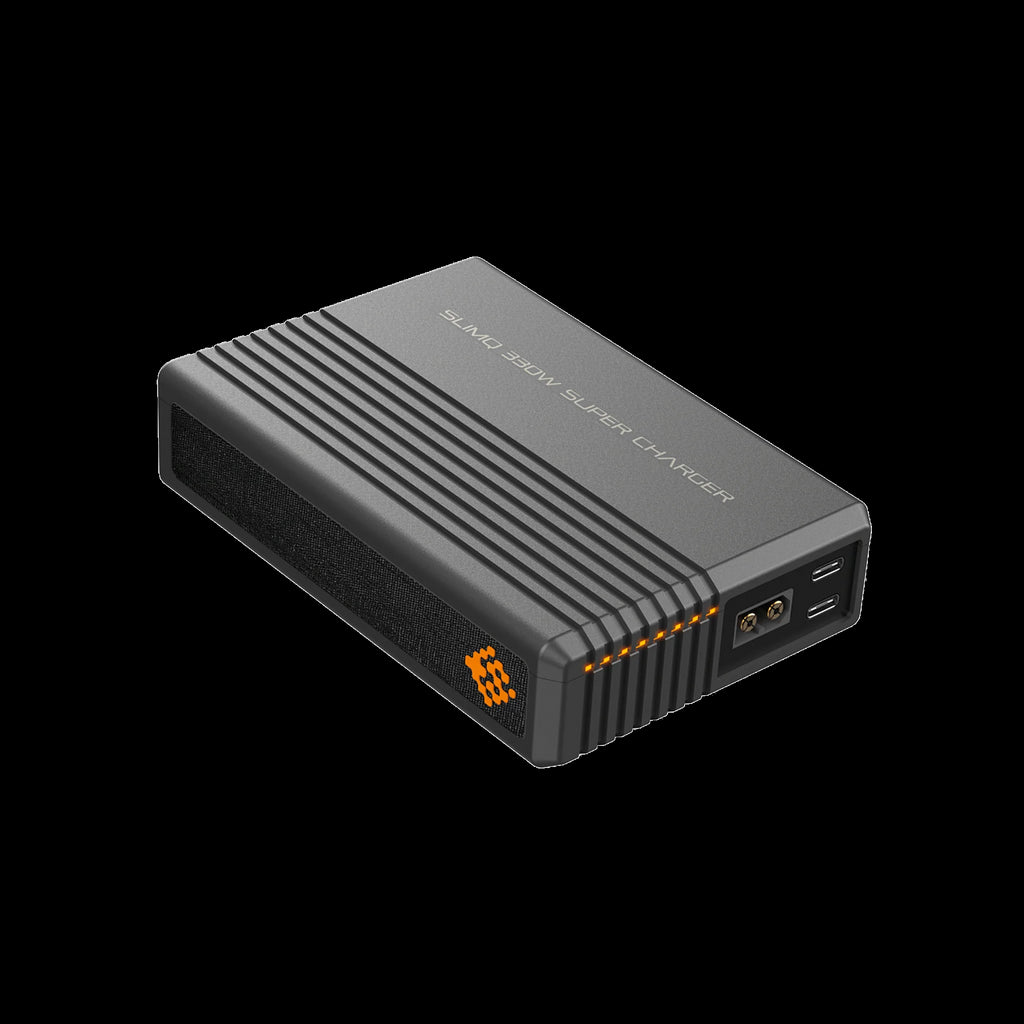Does USB-C Charge Faster than USB-A and Exploring the Benefits of a Dual USB Type-C Charger
Posted by JAKEY JAKEY

As our reliance on electronic devices continues to grow, the efficiency of charging methods becomes a pivotal consideration. In this article, we delve into the debate surrounding USB-C vs. USB-A charging speeds and explore the advantages of a dual USB Type-C charger.
Does USB-C Charge Faster than USB-A?
The charging speed of USB-C compared to USB-A depends on several factors, including the specific device, power delivery (PD) support, and the cable used. Here's a breakdown of the key considerations:
Power Delivery (PD) Capability: USB-C is inherently designed with Power Delivery (PD) capabilities, allowing for faster charging when both the device and the charger support PD. USB-A, on the other hand, typically lacks PD functionality and may not deliver the same level of power.
Voltage and Amperage: USB-C supports higher voltage and amperage, enabling it to deliver more power compared to USB-A. This is particularly advantageous for charging larger devices like laptops, where a higher wattage is required for efficient charging.
Cable Quality: The quality of the charging cable plays a crucial role. A high-quality USB-C cable designed to handle higher power levels can contribute to faster charging speeds. USB-A cables may vary in quality, and not all are optimized for rapid charging.
Device Compatibility: Not all devices are created equal when it comes to utilizing the benefits of USB-C. Some devices, especially older models, may not fully harness the potential of USB-C, limiting the overall charging speed.
Benefits of a Dual USB Type-C Charger:
Simultaneous Charging: A dual USB Type-C charger allows users to charge two USB-C devices simultaneously. This is particularly convenient for those with multiple USB-C devices, such as smartphones, tablets, or laptops, streamlining the charging process.
Adaptability: Dual USB Type-C chargers often come equipped with additional USB-A ports, providing versatility for charging devices that use the traditional USB-A connection. This adaptability ensures compatibility with a wide range of devices.
Reduced Charging Time: When both USB-C ports support Power Delivery, a dual USB Type-C charger can significantly reduce charging time for compatible devices. This is especially beneficial for individuals with power-hungry gadgets that demand higher wattages.
